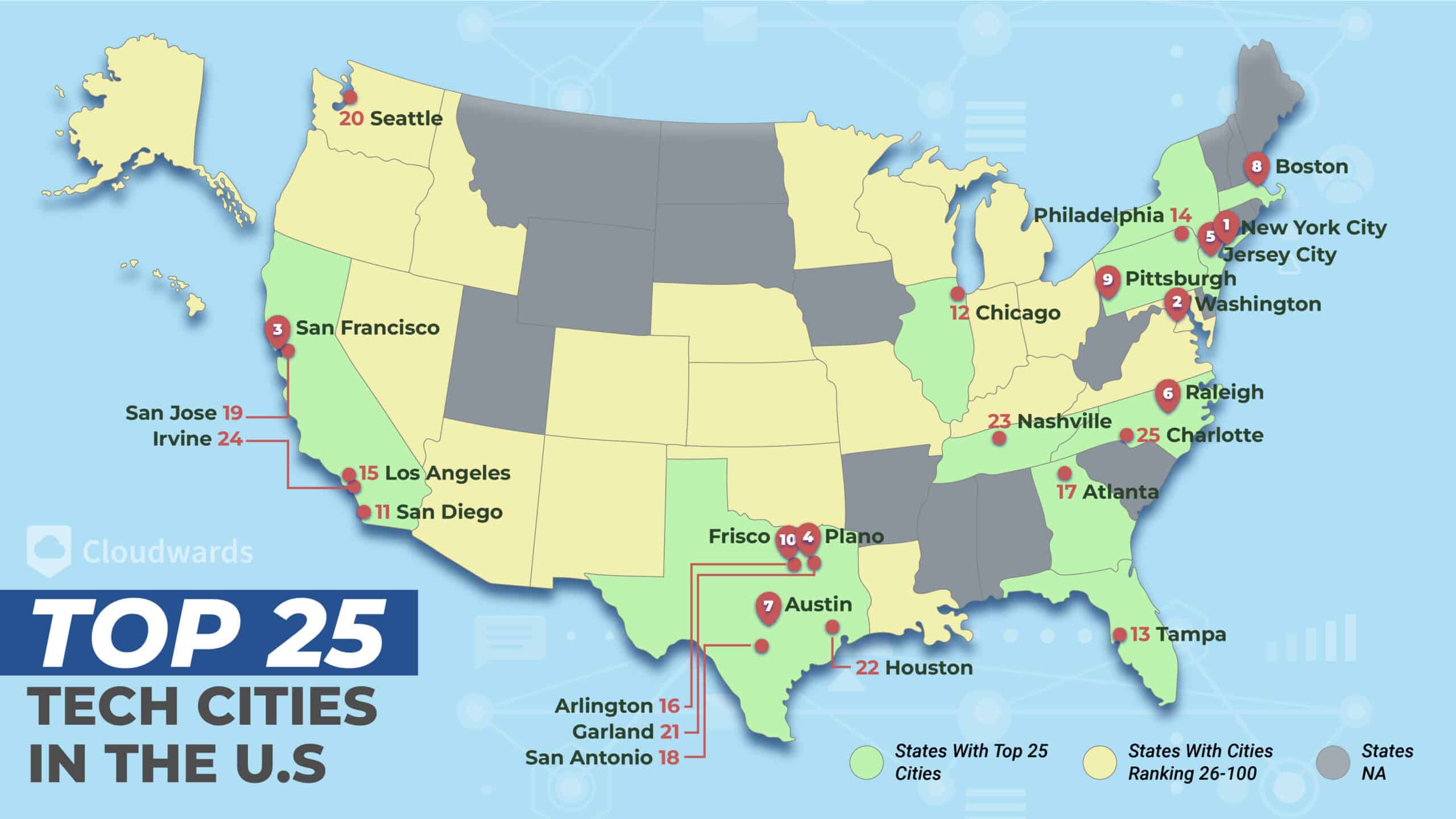Crime may be a concern for some Houstonians, but life is a little more relaxed just beyond the city limits.
Three Houston-area suburbs – League City, Sugar Land, and Pearland – were just crowned among the top 10 safest and most affordable cities to live in the U.S., as declared in a new report by GoBankingRates.
The study, "50 Safest and Most Affordable US Cities To Live In," ranked the largest U.S. cities by population based on their cost of living and crime rate averages. Crime rates were determined based on the number of crimes per 1,000 city residents from the FBI’s Crime Data Explorer in 2022, the year with the most recent available data.
League City proudly landed in the No. 4 spot nationally, thanks to its low property and violent crime rates as well as a high median household income. Sugar Land and Pearland weren't too far behind in the top 10, ranking No. 6 and No. 7, respectively. The report emphasized these suburbs all offer "vibrant cultural scenes" and strong job markets for adults, along with great schools and abundant recreational activities for families to enjoy.
A League City household makes a median income of $117,316 annually, with an average mortgage cost of $2,216 per month, the report found. The total monthly cost of living in the family friendly city adds up to $4,157.
There were a total of 1,497 property crimes reported in the city in 2022, and 126 total violent crimes. For context, the U.S. Census Bureau estimated the population in League City spans more than 116,000 residents in 2023. That means the city's rate for violent crimes is 1.08 per 1,000 residents, and the property crime rate is 12.85 per 1,000 residents, according to the findings.
Sugar Land's median household income is much higher than League City's, at $132,247 per year. However, so were the average mortgage costs ($2,715 per month) and total monthly cost of living ($4,852).
There were 1,745 property crimes and 97 violent crimes reported in Sugar Land in 2022. That would place Sugar Land's property crime rate at 16.16 per 1,000 city residents, and 0.90 violent crimes per 1,000 residents.
Here's how the report breaks down Pearland's cost of living and crime rate statistics:
- Median household income: $111,123
- Household average mortgage cost: $2,257
- Total monthly cost of living: $4,352
- Property crimes (reported in 2022): 2,152
- Property crime per 1,000 residents: 17.09
- Violent crimes (reported in 2022): 117
- Violent crime per 1,000 residents: .93
Large Texas cities, such as Houston proper, Dallas, Fort Worth, Austin, and San Antonio, were all noticeably absent in the ranking. This is likely because – as most Texans are aware – bigger cities often have higher crime rates and higher costs of living than their outlying suburbs.
"Choosing a family-friendly place to live is a significant decision that involves a balancing act between safety and affordability in any big city," the report said. "Whether you’re a young professional, a growing family or a retiree, finding real estate where you feel comfortable — both physically and financially — is crucial for a high quality of life."
Other Texas cities that were ranked in the top 25 safest and most affordable places to live include El Paso (No. 11), McKinney (No. 15), Frisco (No. 16), Laredo (No. 18), Grand Prairie (No. 21), Plano (No. 22), Carrollton (No. 23), and McAllen (No. 24).
The top 10 safest and most affordable U.S. cities to live in are:
- No. 1 – Elgin, Illinois
- No. 2 – Cary, North Carolina
- No. 3 – Gilbert, Arizona
- No. 4 – League City, Texas
- No. 5 – Rochester, Minnesota
- No. 6 – Sugar Land, Texas
- No. 7 – Pearland, Texas
- No. 8 – Meridian, Idaho
- No. 9 – Broken Arrow, Oklahoma
- No. 10 – Olathe, Kansas
The full report and its methodology can be found on
gobankingrates.com.
------
This article originally ran on CultureMap.





